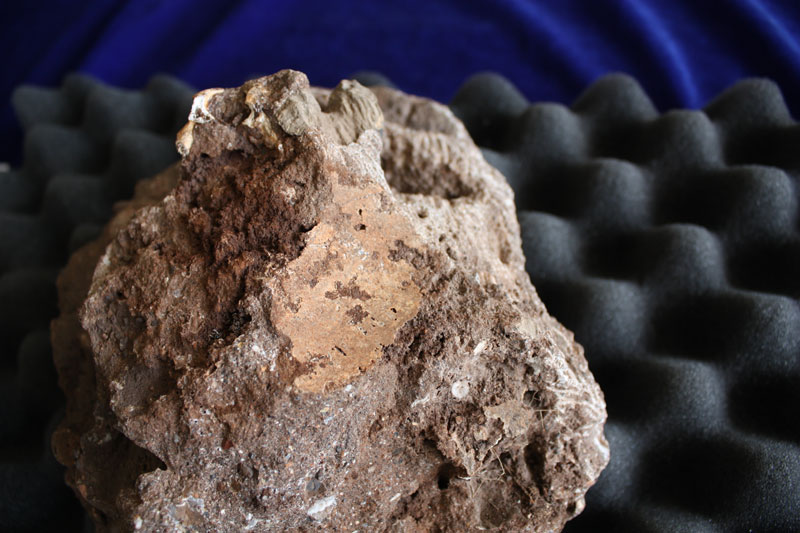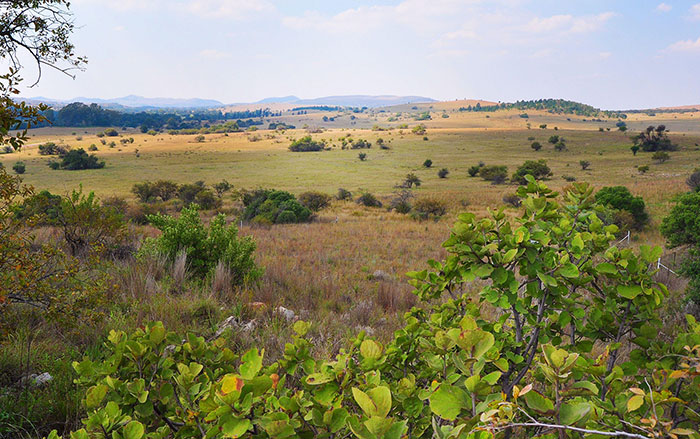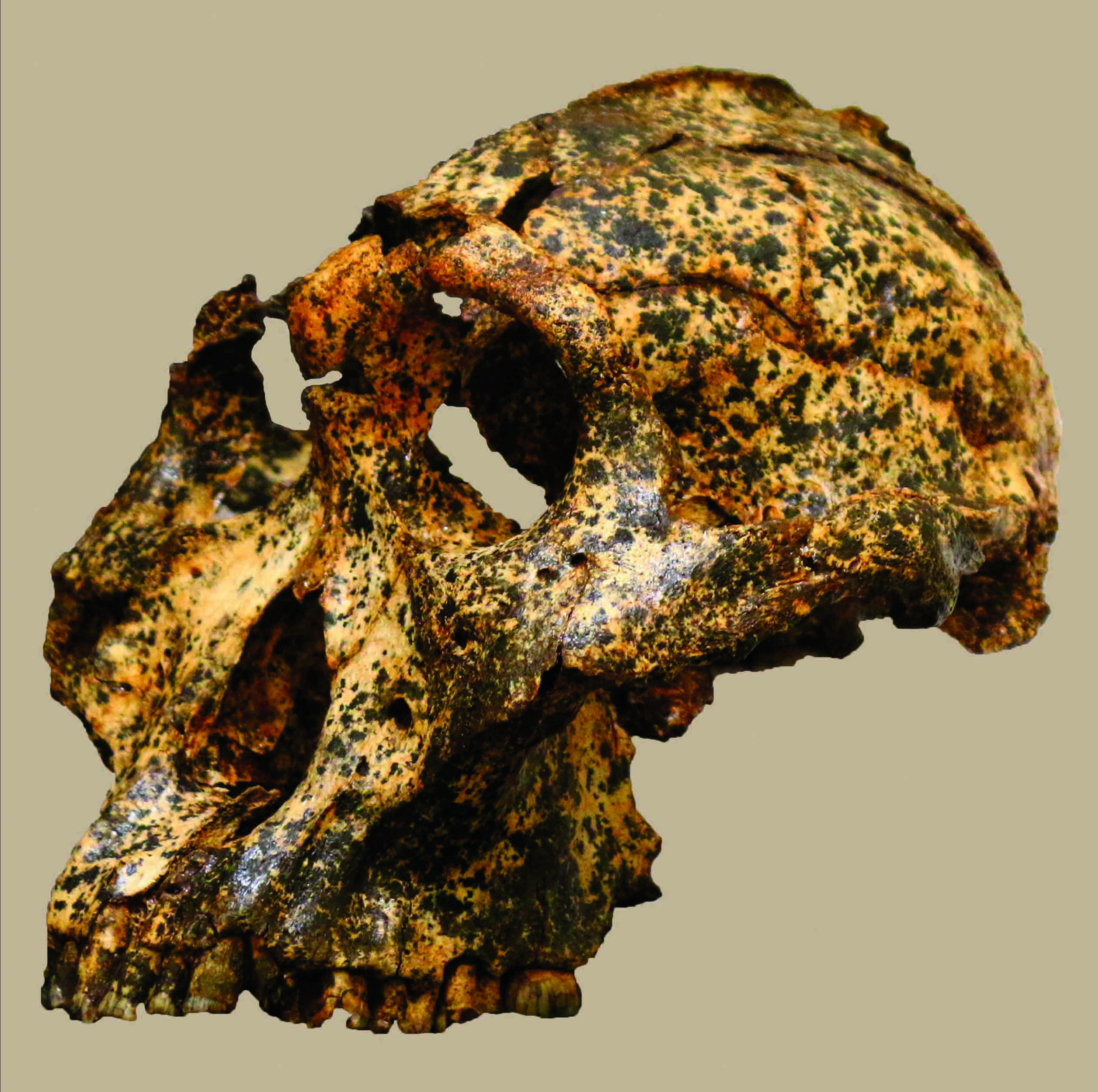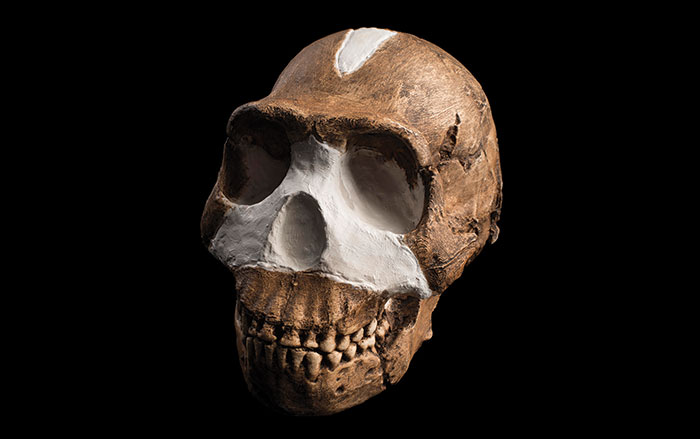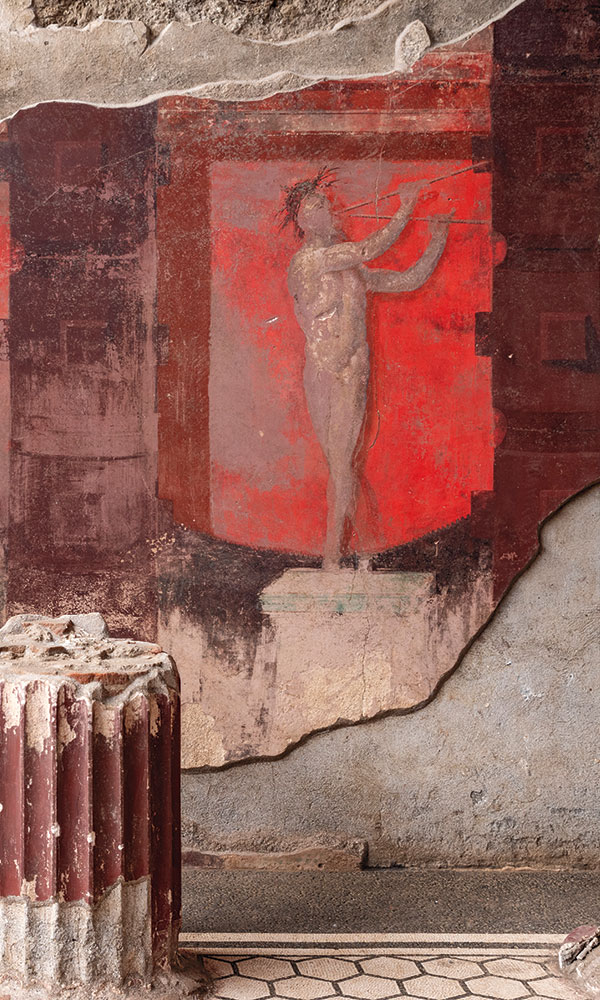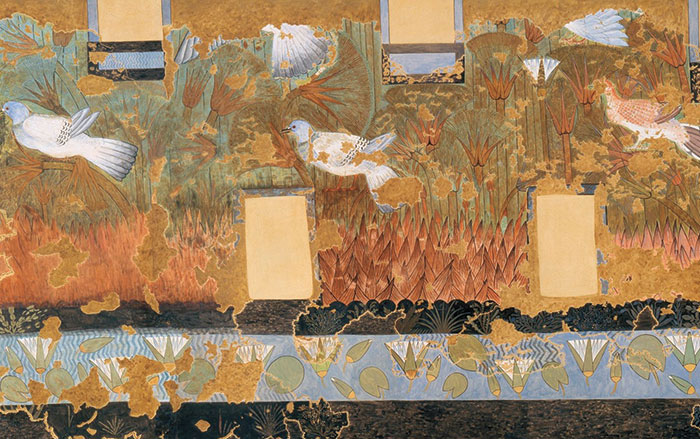
SOUTH AFRICA: Last year witnessed the announcement of a new member of the human family, Australopithecus sediba, who lived in South Africa nearly two million years ago. Paleoanthropologists have now found two more A. sediba individuals—an adult and infant—who fell in a cave "death trap." Combined with the older female and youth found previously, scientists are now able to study the development of these early hominins, who show a combination of primitive and modern skeletal traits, from cradle to grave.


